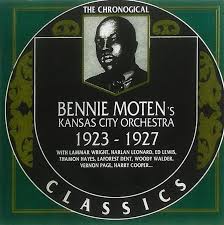The Impact of 1923 on Modern History and Culture

Introduction
The year 1923 stands as a pivotal moment in the annals of history, marked by significant events that shaped the political landscape, cultural evolution, and technological advancements. As the world was recovering from the devastation of World War I, 1923 became a breeding ground for change, innovation, and upheaval, making it relevant for understanding contemporary issues.
Major Events of 1923
One of the most notable events of 1923 was the establishment of the Republic of Turkey following the collapse of the Ottoman Empire. Mustafa Kemal Atatürk led a series of reforms to modernise the country, fostering a national identity that shifted towards secularism and Westernisation.
In Europe, the German economy faced hyperinflation, reaching a climactic point in November 1923 when the value of the German Mark plummeted drastically. This economic disaster led to public unrest and a loss of faith in the Weimar Republic, ultimately aiding the rise of extremist political movements in the years that followed.
Simultaneously, the United States saw the flourishing of the arts, highlighted by the Harlem Renaissance—a cultural movement that celebrated African American culture through literature, music, and art. Figures like Langston Hughes and Duke Ellington emerged, significantly contributing to the cultural tapestry of the country.
Cultural Transformations
The year 1923 was also the year when the first issue of Time magazine was published, marking a new epoch in journalism and media. This publication would go on to become an emblem of American journalism, offering comprehensive news coverage and analysis of domestic and global events.
Conclusion
In retrospect, 1923 was not just a transitional period following the Great War but a year that fundamentally influenced modern society. Its implications were felt not only in terms of political and economic structures but also in cultural movements that resonate to this day. The turmoil and advancement seen in 1923 provide valuable lessons on resilience and the complexities of global interrelationships. As we look forward, understanding the impacts of this year helps us appreciate the multifaceted nature of history and its continued relevance in addressing contemporary challenges.








